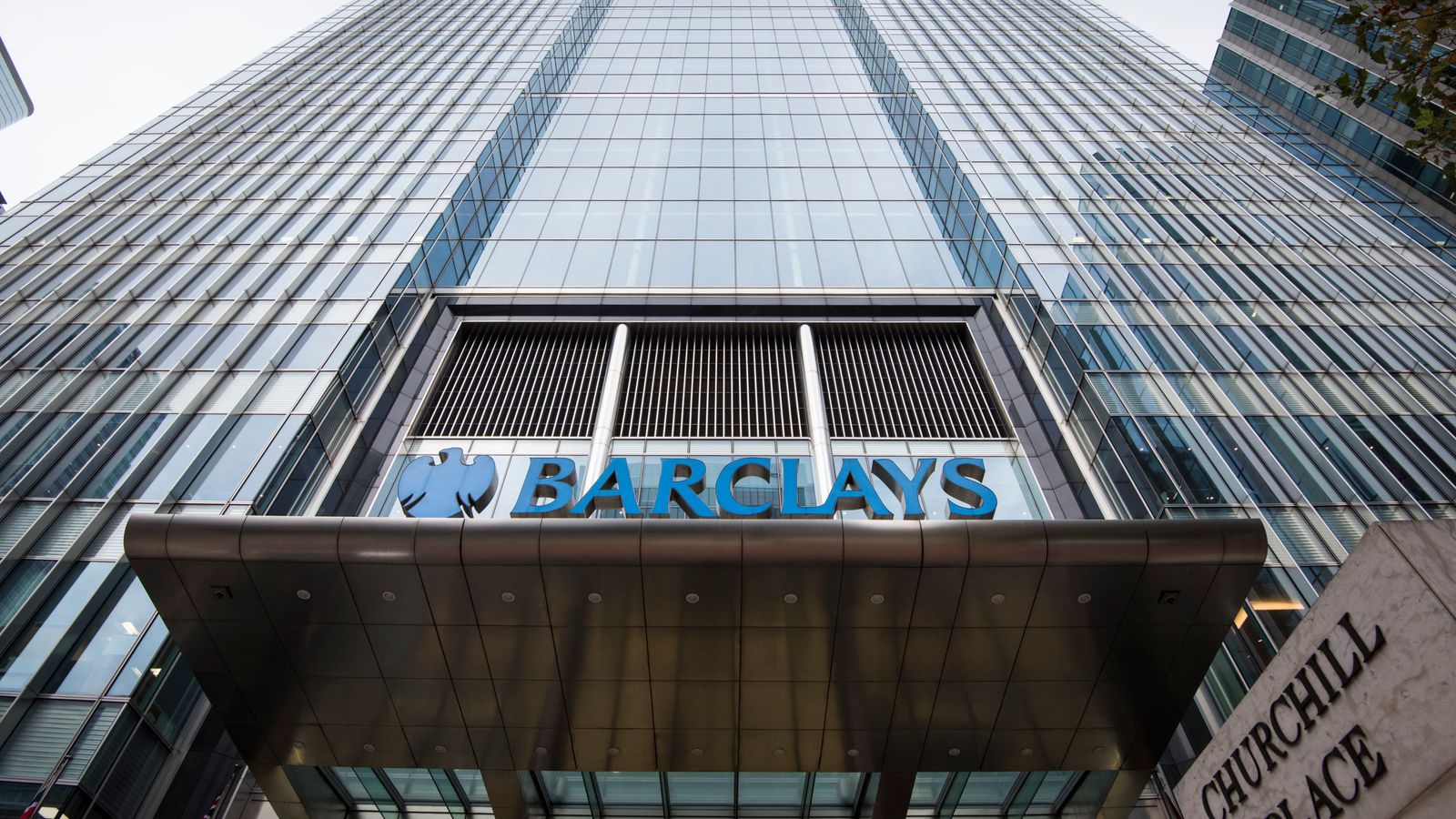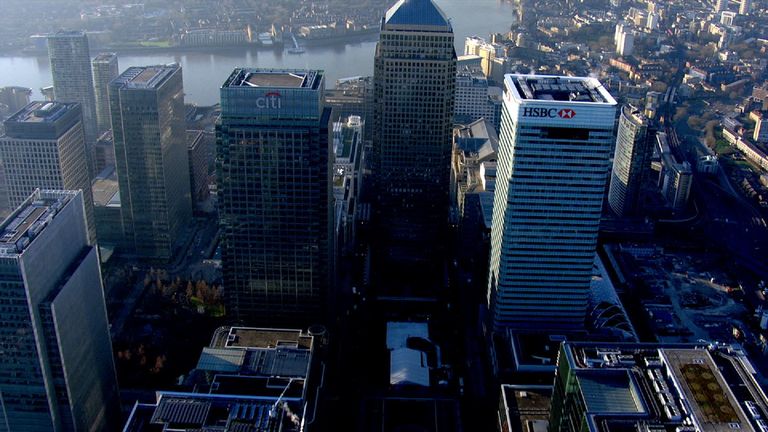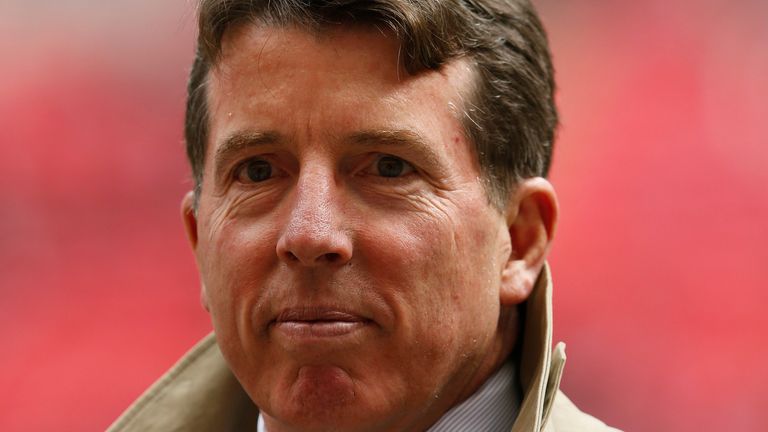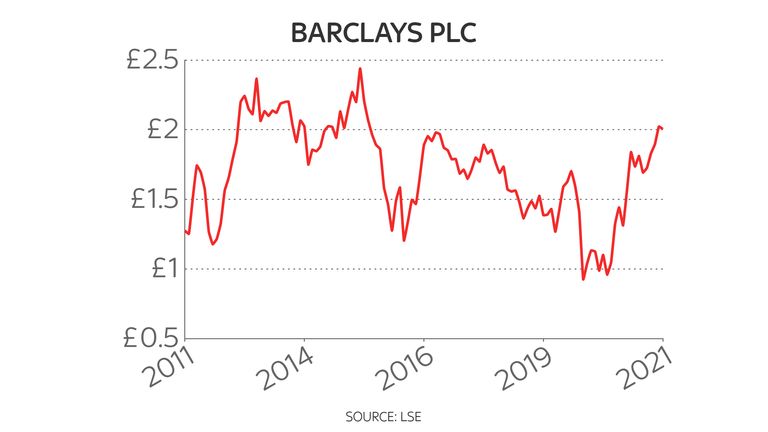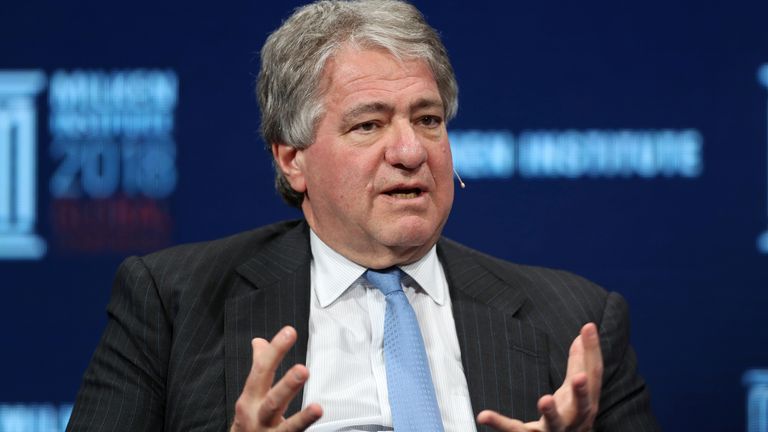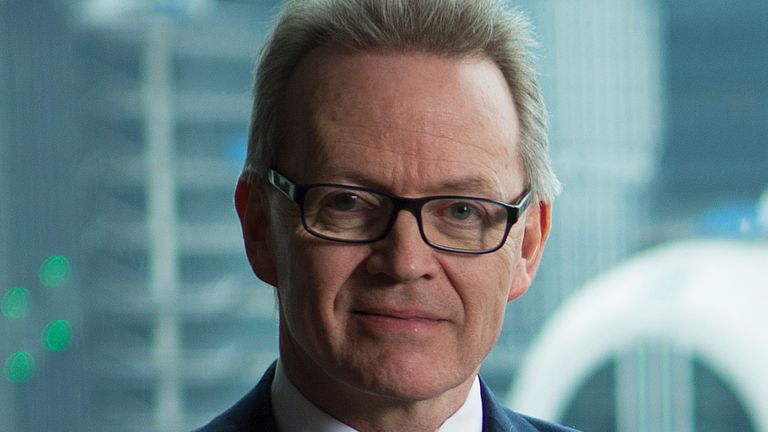More thrills and spills in the Barclays boardroom as the bank loses yet another boss
Why is it always Barclays?
Yes, other UK lenders have had their fair share of boardroom drama turmoil in recent years, such as the way Royal Bank of Scotland – now NatWest Group – parted company with its former chief executive, Stephen Hester, at the behest of former chancellor George Osborne.
Lloyds Banking Group was embarrassed when its former chief executive, Antonio Horta-Osorio, saw details of an extra-marital affair plastered across the front page of The Sun.
Or recall how HSBC unceremoniously booted out its former chief executive, John Flint, in 2019 only to take more than seven months in naming Noel Quinn as his permanent successor.
But Barclays, which following the resignation of Jes Staley is now on to its fifth chief executive in just over a decade, tops them all for boardroom thrills and spills.
Mr Staley’s predecessor, Antony Jenkins, was fired by the bank’s former chairman, John McFarlane, after an internal battle over the size and scale of the group’s investment banking division – a dispute that felled an earlier Barclays chief executive, Martin Taylor, in 1998.
Mr Jenkins, in turn, had succeeded Bob Diamond, who was fired over Libor-rigging on the orders of Mervyn King, then governor of the Bank of England.
He had succeeded John Varley, who was later subjected to a five-year investigation by the Serious Fraud Office and later charged with conspiracy to commit fraud over the bank’s fundraising in 2008, which helped it stave off being part-taken into state ownership.
Mr Varley was subsequently acquitted.
And now this. It feels, at times, as if Barclays is a cursed institution.
This is, after all, the bank in which, when Mr Taylor left, his successor, Michael O’Neill, lasted all of one day before having to step down on health grounds.
Just about the only Barclays chief executive of the last 27 years whose period at the helm was not marked by severe turbulence of one kind or another was Matt Barrett, a smooth-talking Clark Gable-lookalike.
His tenure from 1999 to 2004 saw nothing more controversial than the publication of some eyebrow-raising photographs of his model ex-wife and some tactless comments to MPs about allowing none of his children to have a credit card.
It is not yet clear when reports from the Financial Conduct Authority and Prudential Regulation Authority (an arm of the Bank of England) on Mr Staley’s relationship with the disgraced financier Jeffrey Epstein will be published.
The pair got to know each other when Mr Staley was running the private banking arm of JP Morgan Chase – of which Epstein was a customer.
Mr Staley insisted that the relationship was purely professional and stressed, as a Barclays statement in February last year made clear, that he had had “no contact whatsoever” with Epstein since taking up his role as Barclays chief executive in December 2015.
But his departure suggests regulators have concluded that the pair’s relationship was closer than that.
It is being speculated the FCA formed this view following receipt of emails from JP Morgan Chase covering Mr Staley’s time there – and it must also be stressed that Mr Staley wishes to contest the FCA’s conclusions.
One thing no-one will dispute is that, in the words of an internal memo from Mr Staley circulated at Barclays today, his response to those matters would distract from the work they did.
Under those circumstances, it was right that he stepped down, as agreed by Mr Staley and the Barclays board.
Nor was this the first time his conduct had proved a distraction to Barclays.
Many observers thought Mr Staley was lucky to survive when in 2017, it emerged he had sought to identify a whistle-blower who had flagged concerns to the board about Tim Main, a senior member of staff he had just recruited from JP Morgan Chase.
Mr Staley was instead fined £642,430 by the watchdog and had £500,000 docked from his pay by Barclays.
Supporters of Mr Staley – who had previously visited Epstein in prison in 2008 – will argue that his main mistake, on both occasions, was to show loyalty to those he felt who deserved it.
Mr Staley is not the first corporate chieftain brought down by his relationship with Epstein.
Leon Black, the billionaire founder of private equity giant Apollo Global, stepped down earlier this year after it emerged he had paid the disgraced financier more than $150m.
The chances are that, when the dust settles, the history books may be somewhat kinder to Mr Staley when it comes to his stewardship of Barclays itself.
The bank last month reported record nine-monthly profits, not least due to a stellar performance at its investment banking division, whose status in the wider Barclays Group was stoutly defended by Mr Staley in the face of a campaign by an activist investor, Edward Bramson, who had demanded it be hived off.
That was an argument Mr Staley won and is one that shareholders will thank him for in coming years.
Mr Staley argued that stronger profits from the investment bank would balance out weaker profits from retail banking, and vice versa, which is something that made Barclays a unique investment proposition compared with other British banks.
Barclays, whose strength in investment banking was built up by Mr Diamond’s landmark decision to buy the Wall Street assets of Lehman Brothers after it collapsed in 2008, is arguably now the only sizeable non-American player in a sector dominated by the likes of JP Morgan, Goldman Sachs, Morgan Stanley and Citigroup.
Swiss giants UBS and Credit Suisse have retrenched and are now more focused on wealth management while the big Japanese players, such as Nomura and Daiwa, are not the forces they once were.
Neither is Deutsche Bank, Germany’s biggest lender, which has also been reining in its investment banking activities for some time.
However, any progress made during Mr Staley’s near-six year tenure is yet to be reflected in the Barclays share price, which is 9% lower than when he took the helm.
The shares, after having fallen by more than 3% when news of Mr Staley’s departure broke, later recovered some ground on the realisation that his successor, Coimbatore Sundarajan Venkatakrishnan, is very much a continuity appointment.
Mr Venkatakrishnan, known as Venkat for short, was previously head of global markets at the bank and, as with many senior executives at Barclays, recruited by Mr Staley from JP Morgan Chase.
The fact that the Barclays board, led by chairman Nigel Higgins, moved quickly to appoint him suggests that he had already been identified as Mr Staley’s successor.
The latter was thought likely even before recent events to announce his retirement during the next six to nine months.
As for Mr Staley, he has 28 days to notify the FCA that he intends to contest its findings, but he could face a fine or even a ban if the regulator concludes it was misled by him.
Either way, it seems unlikely that he will be seen again in a British boardroom.
For all the latest business News Click Here

